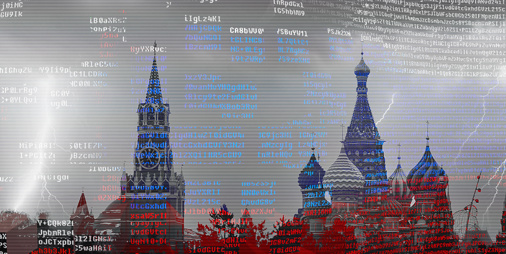Overdue to be ‘pwned’? Here’s how to keep hackers out of your online accounts
New data shows hundreds of New Zealanders have been victims of recent cyber attacks. In the latest instalment of IRL, Dylan Reeve explores how you can avoid becoming one of them.
After a balmy day lounging with her husband on a secluded Portuguese beach during a three week holiday in 2019, Sharon, an Auckland office manager in her early 60s, returned to her hotel room to discover dozens of new emails on her phone. The messages were replies to emails Sharon was certain she hadn’t sent, all in Russian. She began to panic.
“I thought, ‘If they have got into my phone, and are able to send emails, what on earth else have they got?’” Sharon said. “It wasn’t like we had millions stashed away or anything, but I felt quite vulnerable being away from home.”
Sharon didn’t know what to do – she was miles from New Zealand, wasn’t exactly a computer whizz, and had never encountered a situation like this. So she did the one thing that felt safest: “I turned my phone off.”
Sharon’s experience isn’t uncommon: new data released last week by CERT NZ, the government’s Computer Emergency Response Team, revealed that hundreds of New Zealanders were the victims of cyber attacks over a three month period this year – per the online lingo, they were pwned. CERT NZ has seen a steady rise in incident reports in the four years it’s been around, partly because people are becoming aware of the organisation’s work but also because more New Zealanders are falling victim to cyber criminals.
“We suspect it’s still only a small part of the bigger picture,” said CERT NZ director Rob Pope. “It’s an upward trend.”
A large part of the problem, according to Erica Anderson, chief operating officer of security consultancy SafeStack and self-described security nerd, is that “you can’t do anything nowadays without having some type of online account”. Today, many New Zealanders begrudgingly comply as their supermarkets, hairdressers, TV channels and even news outlets pester them to create yet another login.
But with so much personal information online, New Zealanders are putting themselves at risk of security breaches. Even a seemingly inconsequential…


